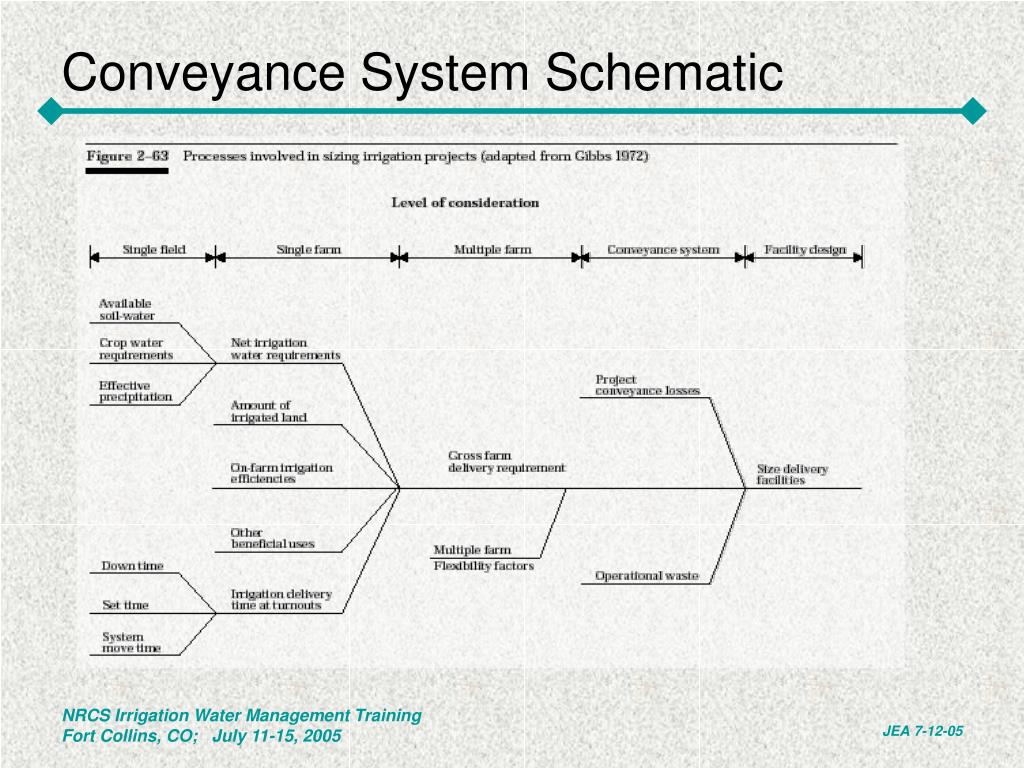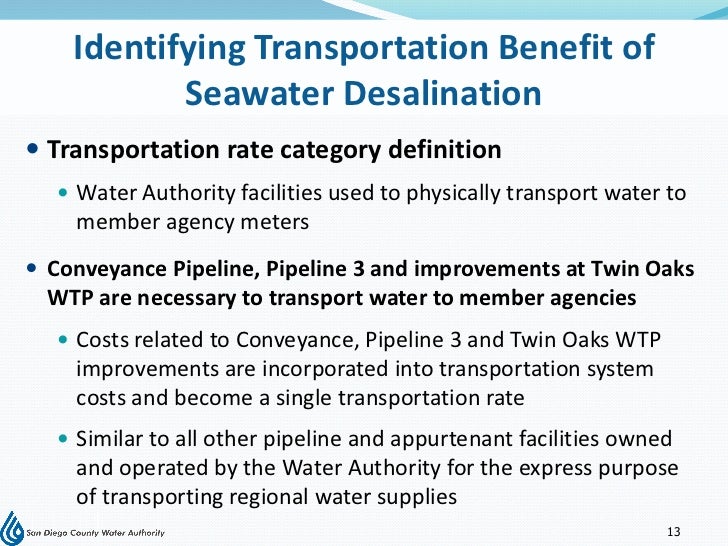
Many people convey their properties to their descendants as a gift or through their last will, which is done through a gift deed. With proper protections in place, consideration is in the form of a tax deduction. In such a case, they must carefully manage the consideration issue. Charitable purposesĭonors often convey real property to charitable organizations. Before a mortgage company considers this option, the borrower must try to sell the property at its fair market value for at least three months. The lender can accept the title conveyance and sell the property to recover their money.

To prevent the negative impact that it will have on their credit history, the borrower may convey their interest in real property to the lender. Avoiding defaultĬonsider a situation where a borrower is about to default on their debt. Voluntary conveyance can be used in the following situations: 1. Public dedication: Privately-held land is transferred to the government or an organization operated by the government. Private grant: Privately-held land is transferred to an individual.ģ. Public grant: Publicly-owned land is transferred to a private individual.Ģ. There are three types of voluntary conveyance:ġ. Transfer by accession Types of Voluntary Conveyance

This type of conveyance of ownership can be classified under five categories:ĥ. The term conveyance refers to the legal process of the transfer of property or other fixed assets from one owner to another.



 0 kommentar(er)
0 kommentar(er)
